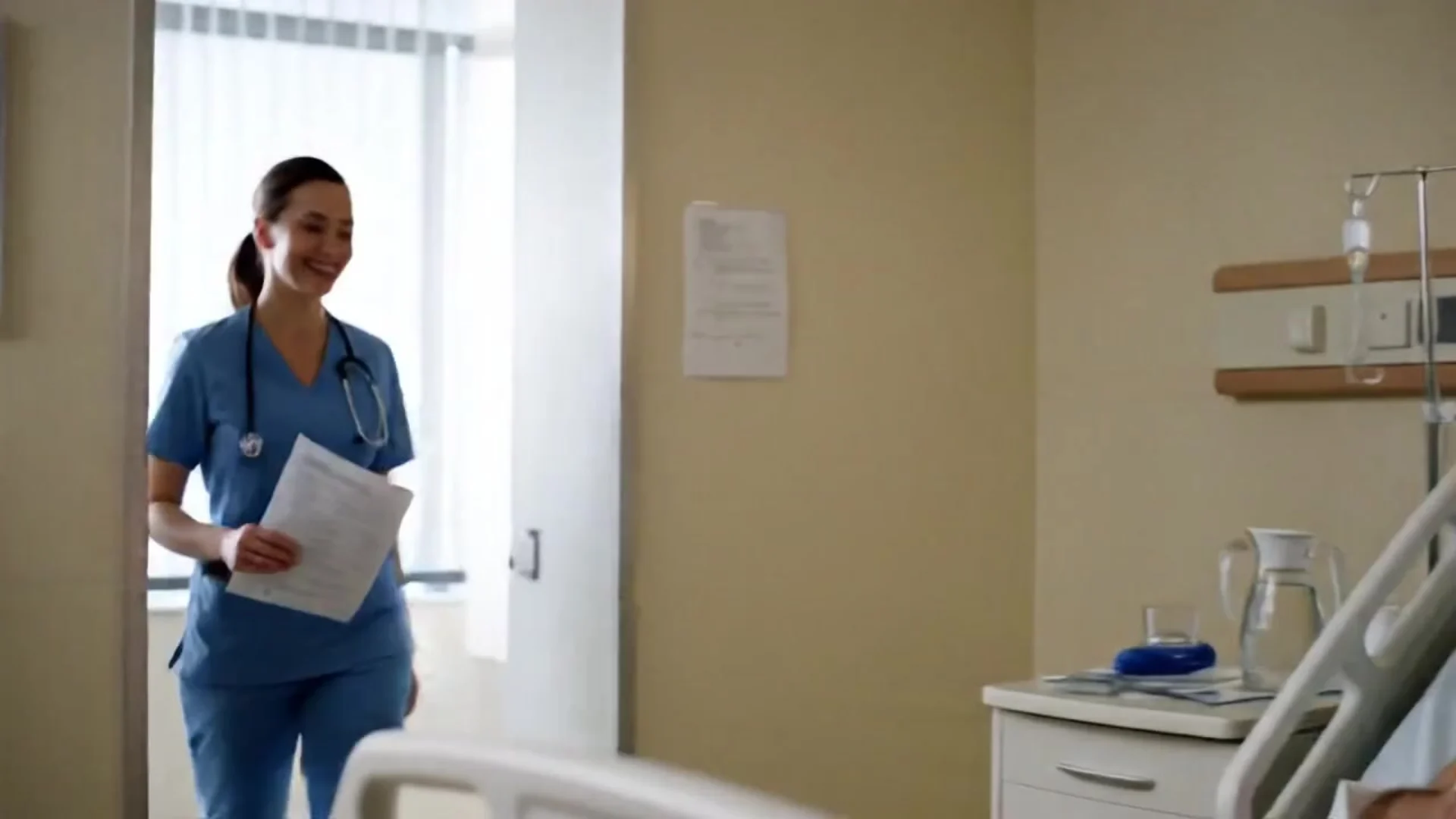
AI Healthcare Revolution • Live Now
AI-Powered Remote Care That Works for Your Bottom Line
Smarter RPM/CCM and TCM-built for clinics, ACOs, and post-acute care teams.
DocToDoor automates patient monitoring and care coordination-so you can reduce readmissions, boost reimbursements, and do more with less.
Healthcare Innovation • AI-Powered
Purpose-Built for Value-Based Care
You're under pressure to deliver better outcomes, faster care, and stronger compliance-all while protecting revenue.
?
Have you had less compliance and a lot of drop outs from your RPM/CCM programs?
?
Is your post op care program making the best of TCM reimbursement?
?
Are your Long term care facilities facing emergencies during off peak periods?
DocToDoor gives you the AI advantage.
We turn remote care into real results.
What We Do
Three Pillars of
Smart Care
Remote Patient Monitoring & Chronic Care
AI-prioritized patient dashboards
Real-time vitals & trends monitoring
Chronic condition management
CMS-aligned documentation
Built-in billing support
Transitional Care Management
24-48 hour post-discharge workflows
Voice + Video AI follow-ups
Care plan automation
Readmission prevention
Transition coordination
Skilled Nursing & Long-Term Care
Facility-wide monitoring
Staff efficiency tools
Patient risk stratification
Quality metrics tracking
Regulatory compliance
Who We Serve
For Clinics & ACOs
Track high-risk patients. Improve MIPS performance. Automate revenue-generating services.
Prevent ER visits and inpatient stays
Engage patients at scale
Maximize reimbursements from day one
For SNFs & LTC Facilities
Extend care beyond facility walls. Close care gaps. Improve post-discharge outcomes.
Monitor residents post-discharge
Automate daily symptom check-ins
Coordinate seamlessly with hospitals and outpatient providers
Built-in Intelligence. Real-World ROI.
3X
increase in reimbursable RPM/TCM touchpoints
40%
reduction in 30-day readmissions
2hrs
saved per provider team daily
1 FTE
saved via automation + AI outreach
Why Teams Choose DocToDoor
Built for value-based care workflows
Voice, Video & Chat AI agents to scale patient engagement
HIPAA-compliant and CMS-aligned
White-labeling and integration options available
Full setup, onboarding, and support included